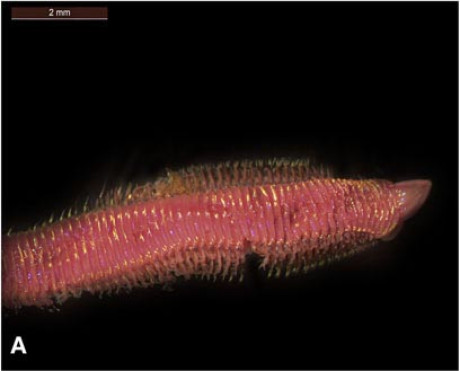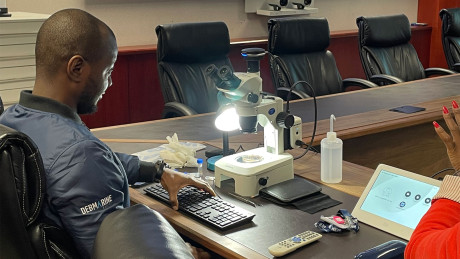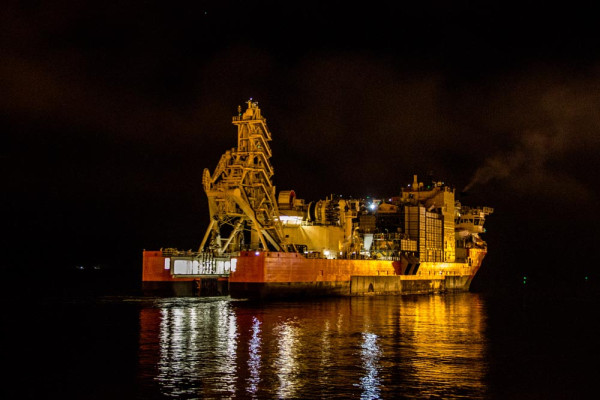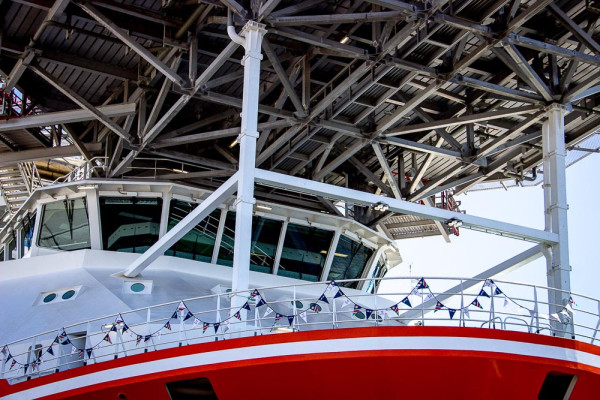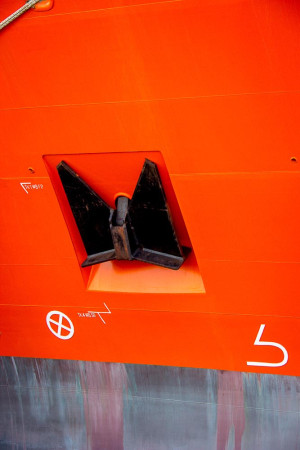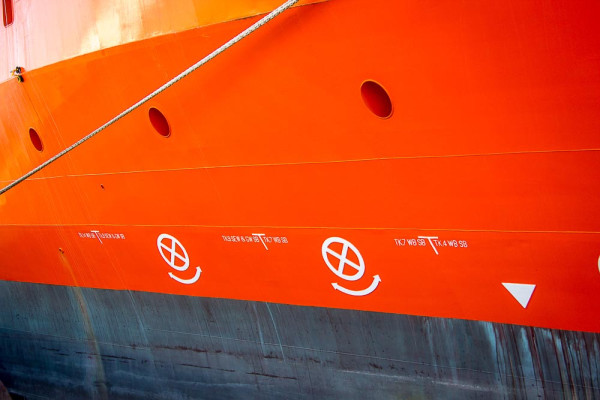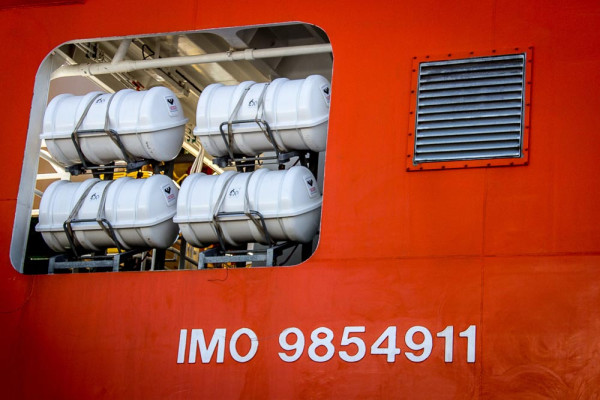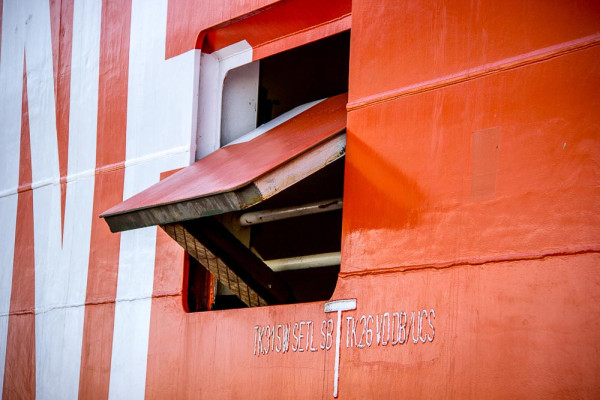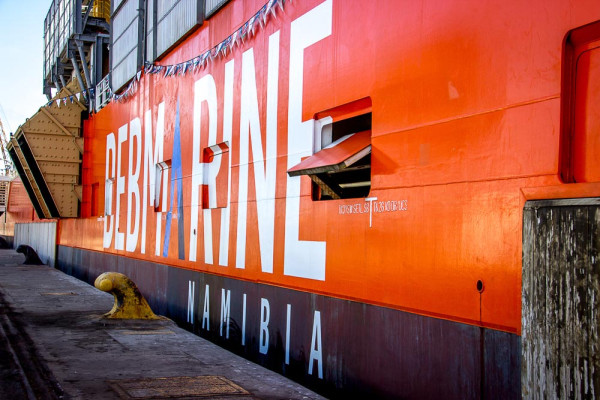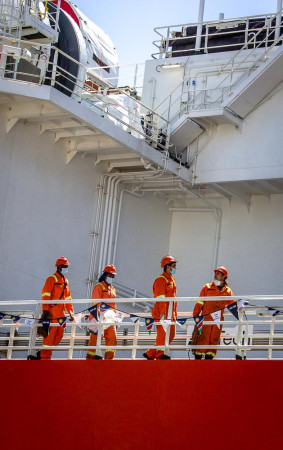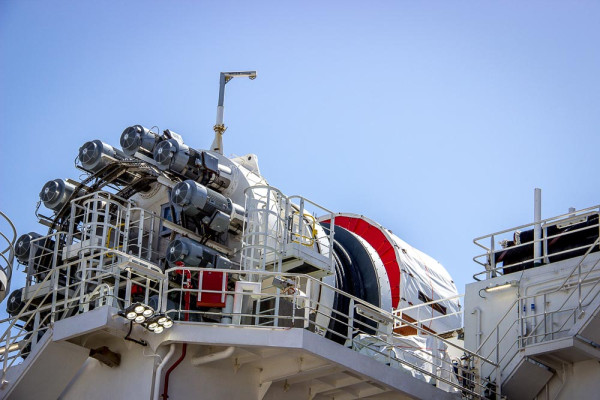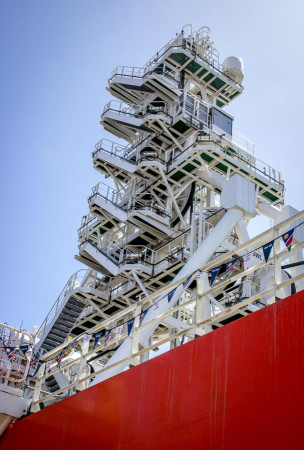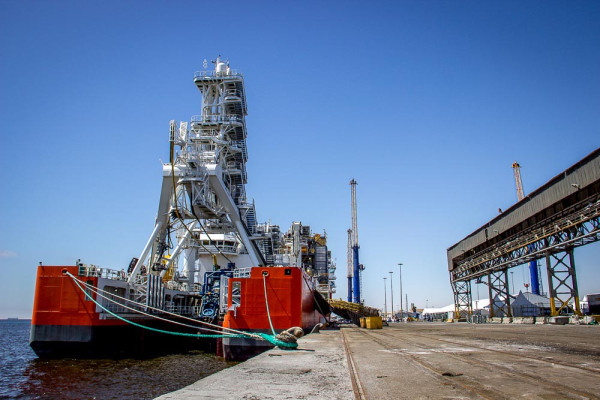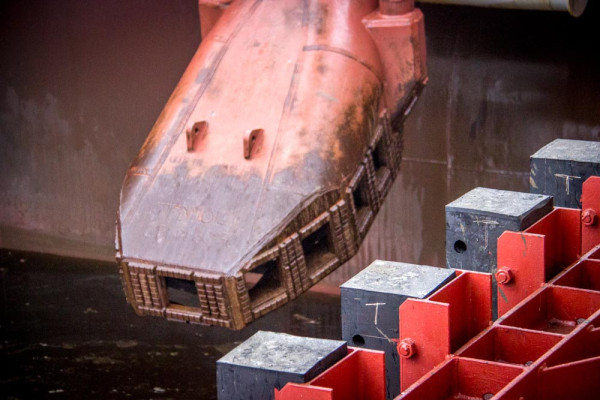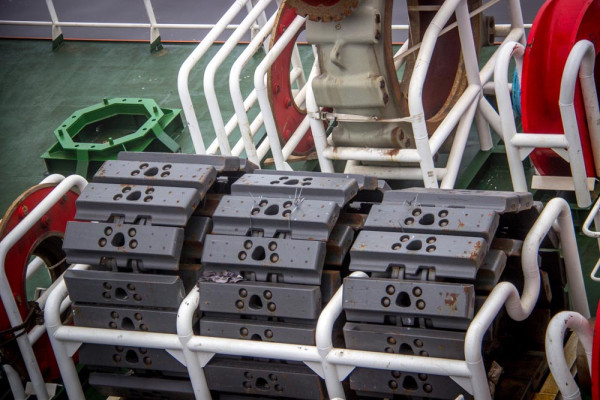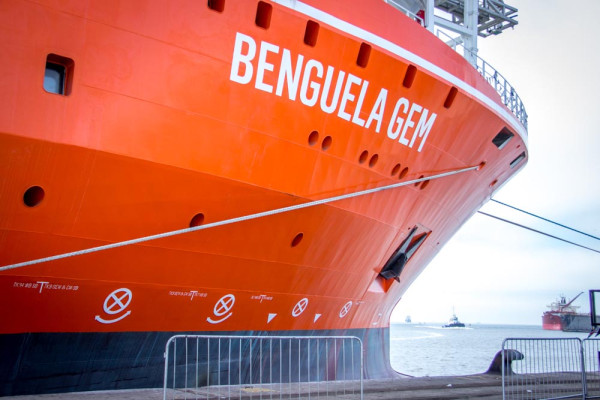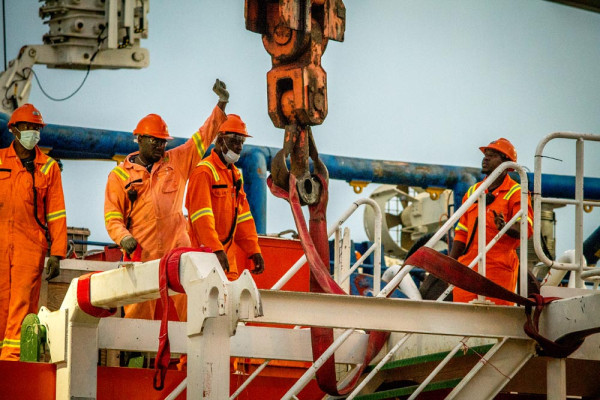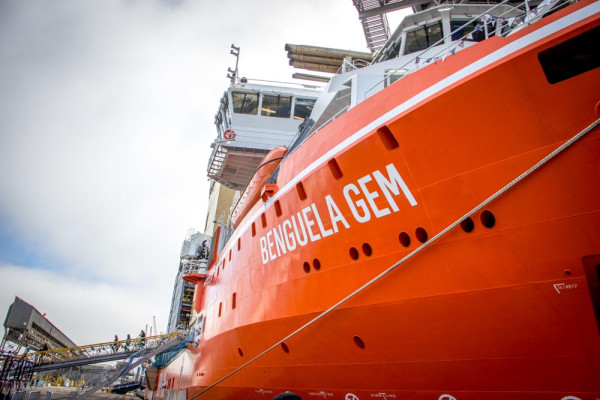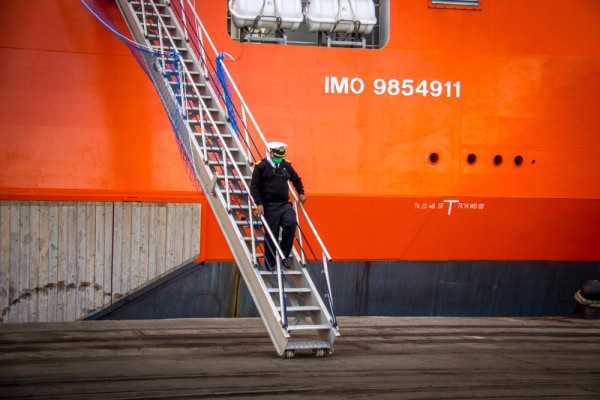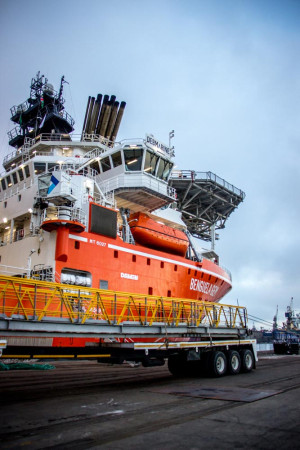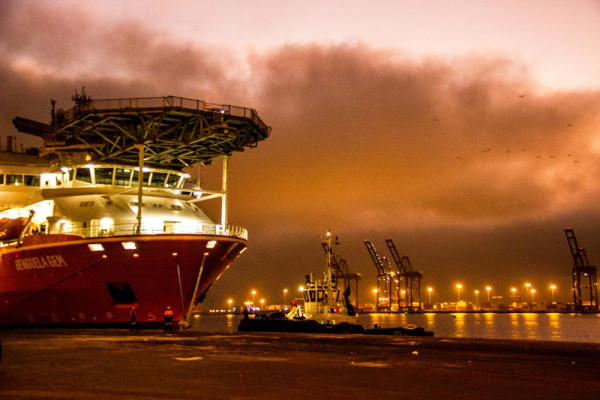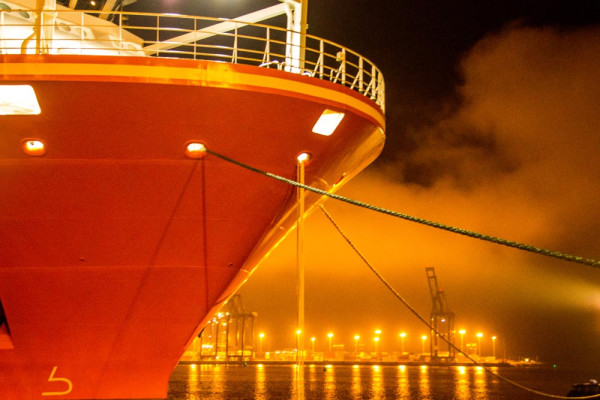Debmarine Namibia recovers diamonds within the Benguela upwelling system in the Atlantic Ocean, a biologically productive system that supports a vast array of different species, therefore, any effects on the ecosystem must be carefully considered.
We invest heavily in research to define the dynamic marine environment in which we operate and partner with reputable organisations, including environmental NGOs, to build understanding.
This long-standing programme of ongoing monitoring and independent, peer reviewed scientific research critically informs our business approach and has helped discover several previously unrecorded species unique to our operational areas.
Benthic Monitoring Programme
Debmarine Namibia has developed comprehensive environmental monitoring programmes to effectively monitor the impact of our operations and assess the natural recovery processes. The Benthic Monitoring Programme was established in 2002 and revised in 2007 and 2015. Currently, there are 92 sampling sites which include impact, control, and natural variability sites.
Sampling takes place annually between October and December. State-of-the-art environmental monitoring tools collect scientific data. Full-time environmental staff and contracted independent marine specialists, as well as marine studies students, assist with the seabed monitoring programme. As part of this long-term programme, an independent consultant was appointed to collect and report on macrofauna and sediment samples from the Atlantic 1 Mining License Area (MLA) off the coast of southern Namibia.
The objectives of the programme are:
- To develop an understanding of the biodiversity and socio-economic importance of the seabed habitats and species within Atlantic 1 MLA.
- To develop an understanding of the levels of natural variability in these communities to help place the magnitude of diamond extraction disturbances into context.
- To assess rates and time of recovery of benthic communities to pre-diamond recovery conditions.
Marine Scientific Advisory Committee (MSAC)
The MSAC was established in 2012 to guide research-related activities. This committee comprises independent marine scientists from academia and industry, who meet three times a year.
The objectives of the committee:
- Review the Benthic Monitoring Programme results and its effectiveness in providing scientifically defensible information on recovery of the seabed and associated marine life.
- Advise on Benthic Monitoring Programme design, analysis techniques and interpretation of results.
- Guide on other issues related to marine monitoring and rehabilitation, such as marine sightings and re-sedimentation assessment using geophysical data.
Case Studies
Marine Life Sightings
Marine ecological monitoring programmes have become an important tool for environmental management worldwide.
